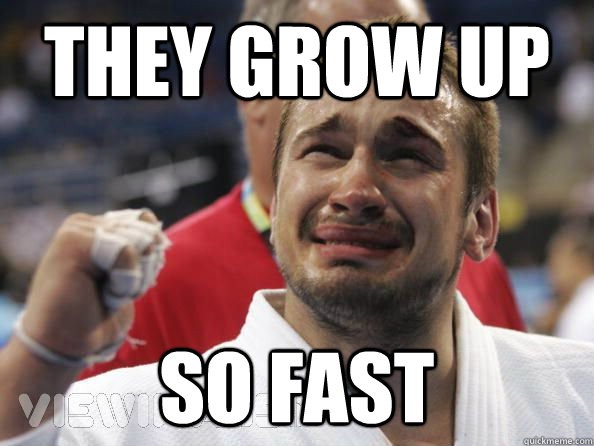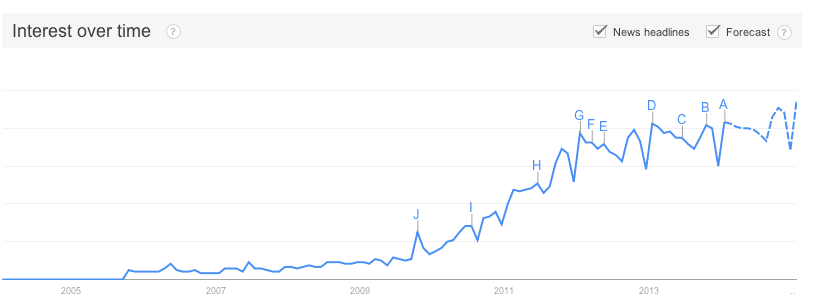I actually thought last Monday was Community Manager Appreciation Day, because the CMAD website hadn’t been updated since 2017. Back then they were doing all-day streams, giving out awards, and trending on Twitter.
I highlight this not to shame anyone, but to point out that this is exactly what community manager burnout looks like: going from something huge and engaging and impressive to nothing. You bust your ass, you do about 5 jobs at once, you make amazing things happen…and then you hit a wall. You don’t have the resources you need, you’re exhausted, your value gets questioned, and you stop.
That sucks, and I feel bad for the CMAD organizers because they really did so much cool stuff for several years.
So here’s my challenge to you this CMAD: take care of yourself. Don’t worry about hanging out checking out the CMAD hashtag all day or sending supportive messages to your peers. Take care of YOU.
A few ideas:
- Schedule a legit vacation right now. Line up backup so you can be truly offline. Know that it won’t be the same as you doing it, but it’ll be ok.
- Rejigger your schedule to make uninterrupted time for deep work.
- Find some time for exercise, even a tiny bit. (I’m about to walk the 20m from Transbay Terminal to work instead of take a bus. It’s something.)
- Set up your phone to limit your time on apps you don’t need, or to go to grayscale after 6p, or to pop an alarm warning you to take a break.
- Give more responsibility to your community members. Know that it’ll be hard to let go but that they’ll do things you never expected.
- Stop working on something. Cut your losses on your least successful project, let someone who foisted a task on you know that you’re too swamped, take a break from your Friday wrap-up post. (I did this once and the community stepped up and did it for me!)
- Ask for help. Make sure your boss really understands how much you’re working. Ask a fellow community manager for advice, or another set of eyes. Find a coworker who believes in your mission and see if they’ll help with a big project.
- Build time into your day – even literally 5 minutes – for mindfulness. Take a class or download an app and learn how just taking a moment to be present can make a huge difference.
- Know that you can’t do everything, that you’re doing a great job, and that you’re not an imposter. And burnout will not help you succeed.
Good luck – I believe in you!

